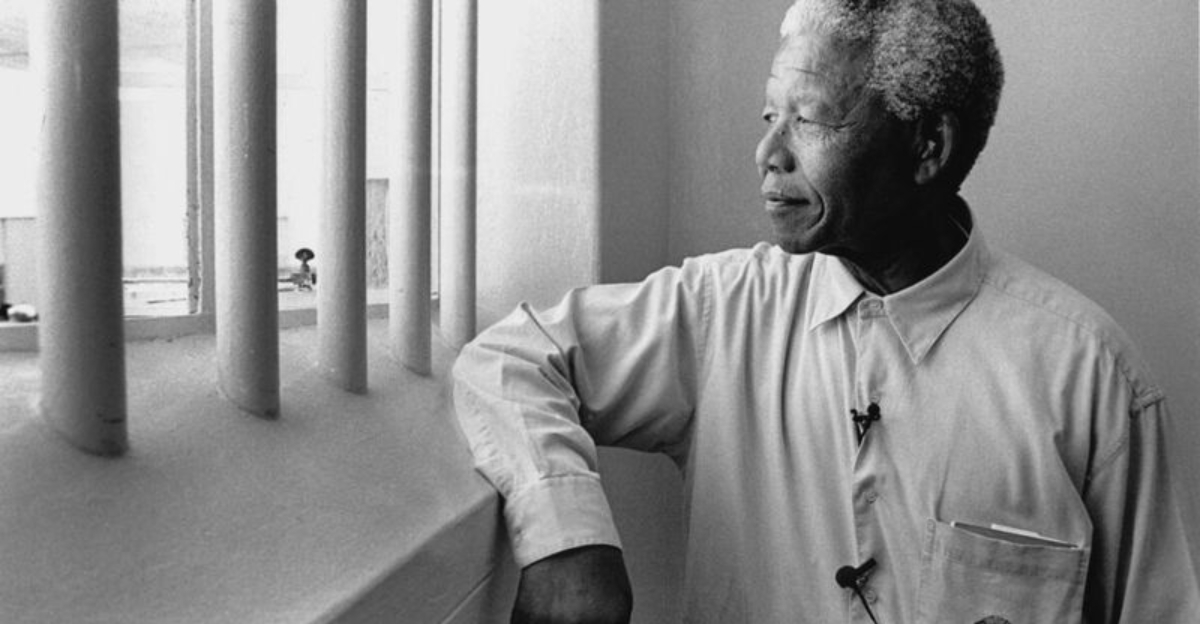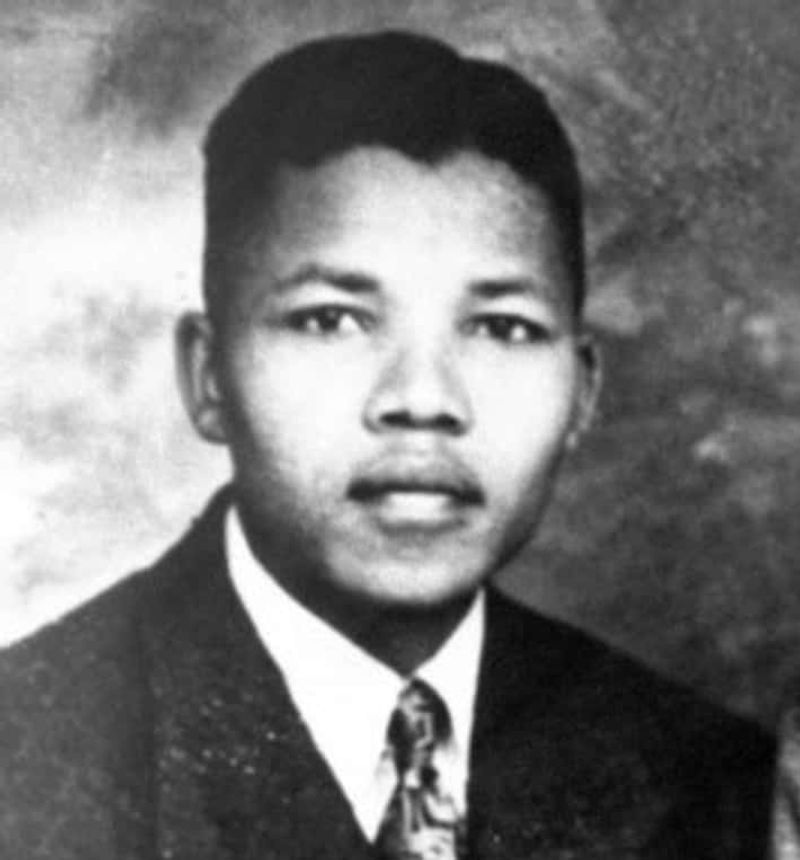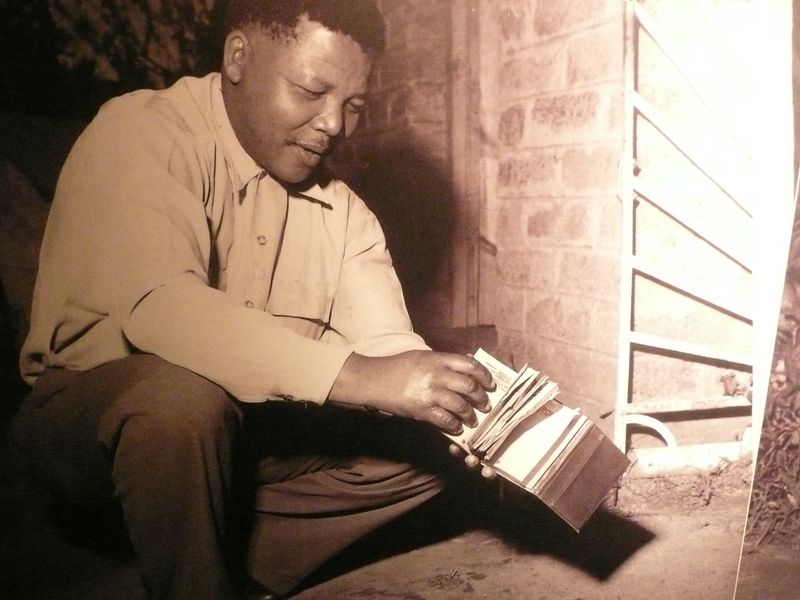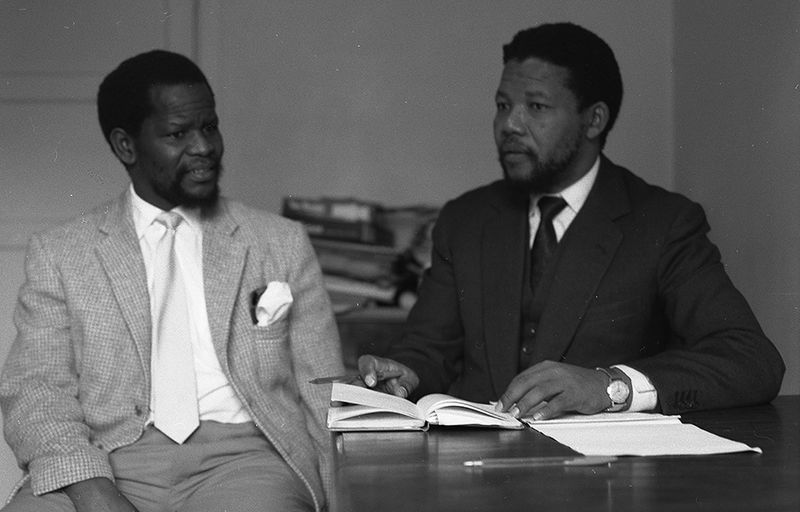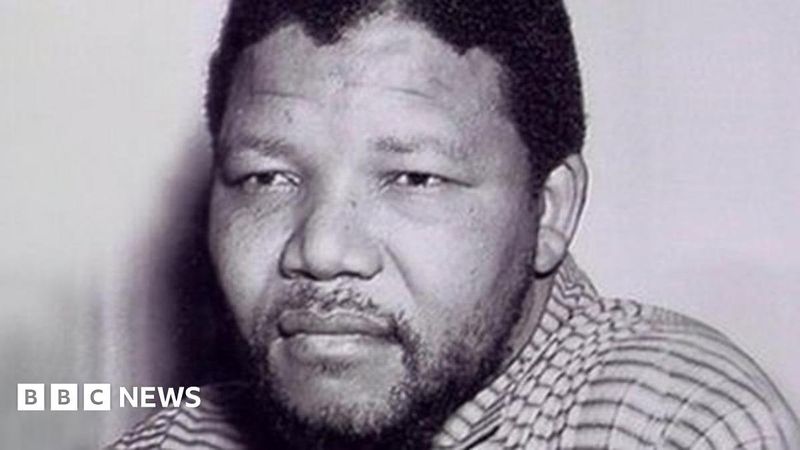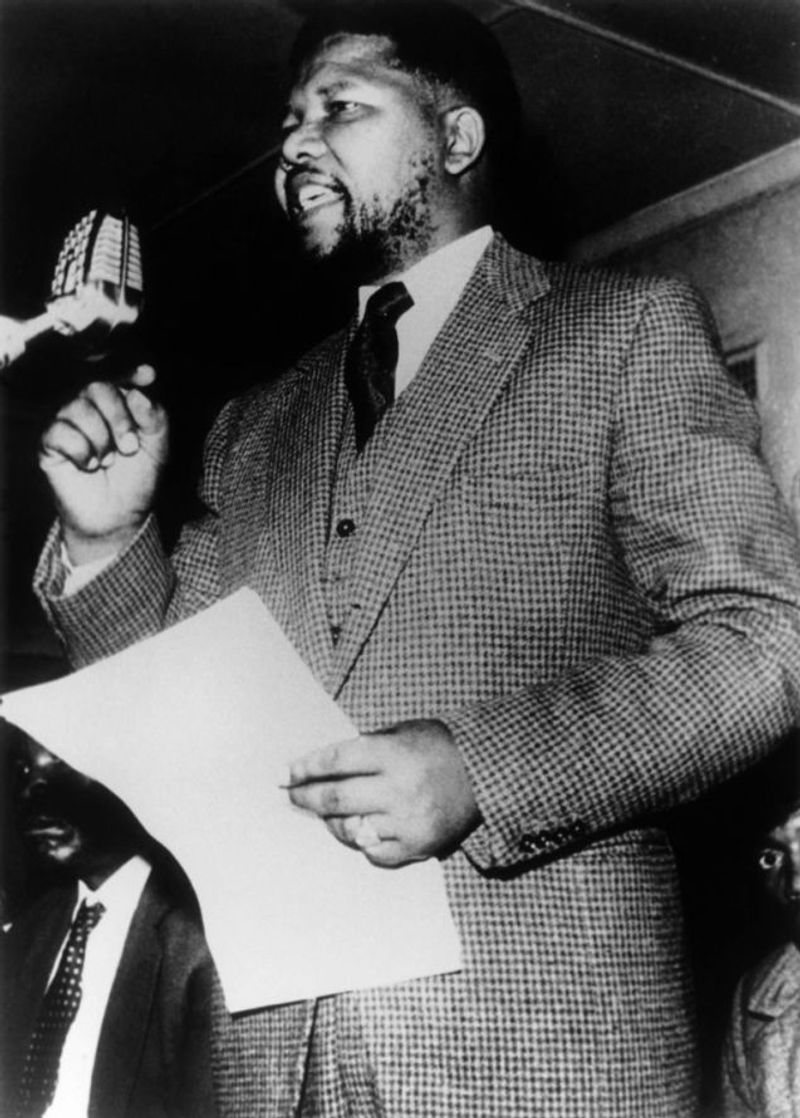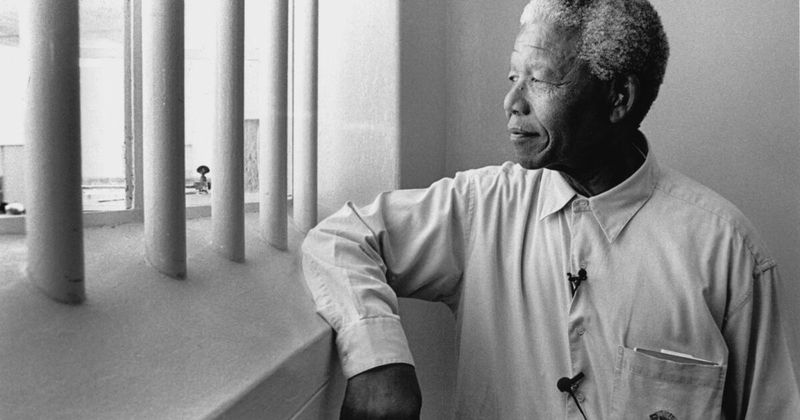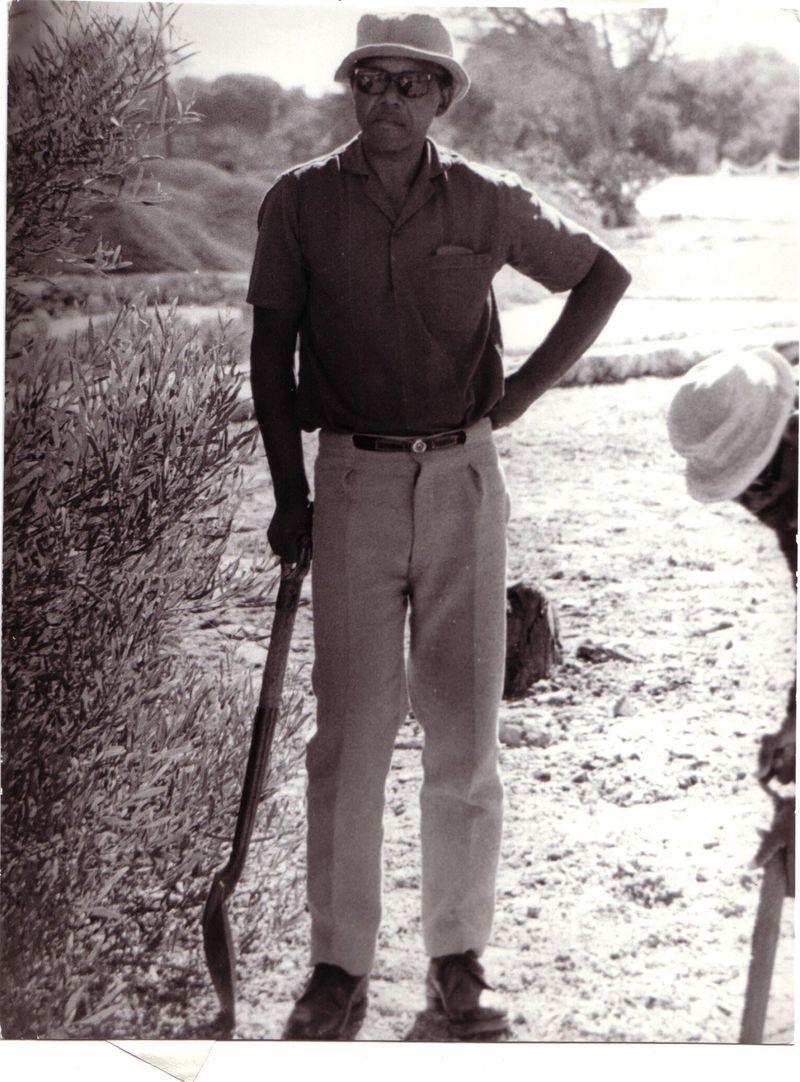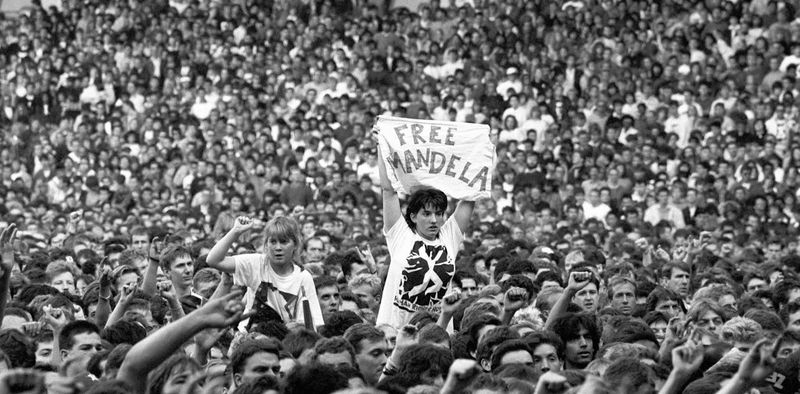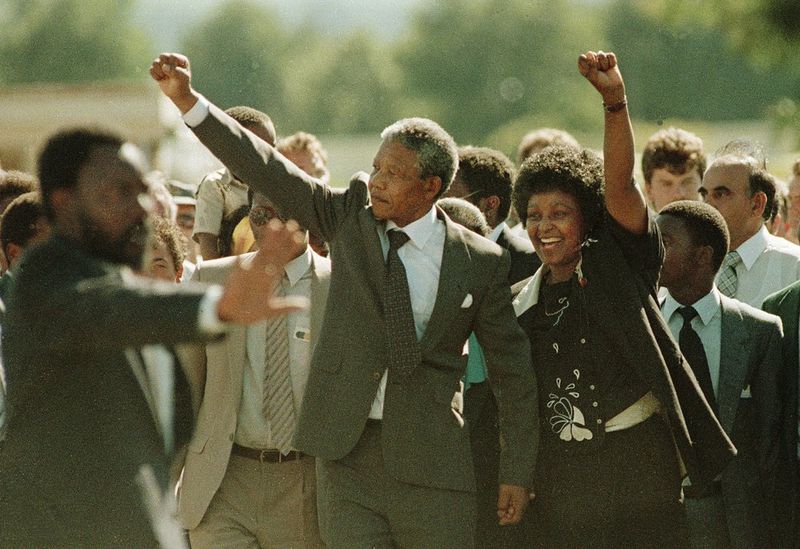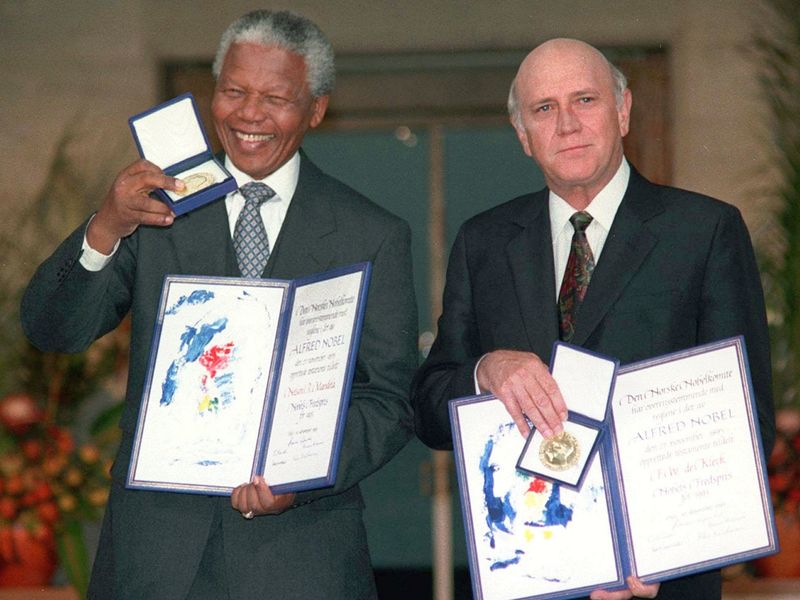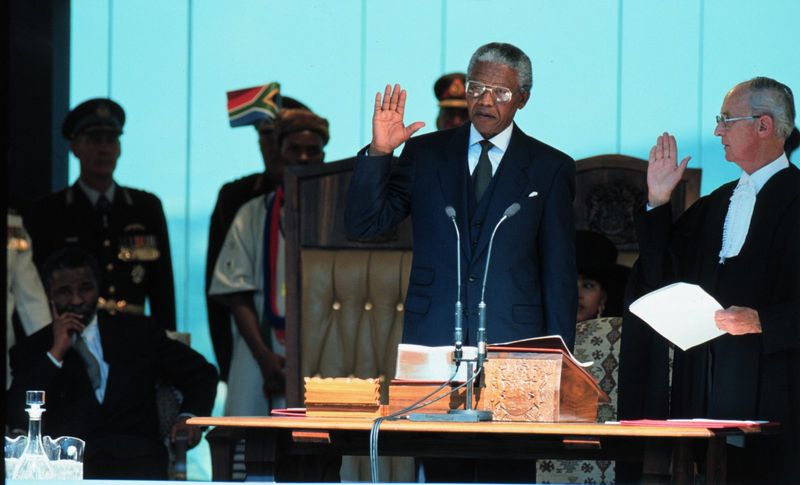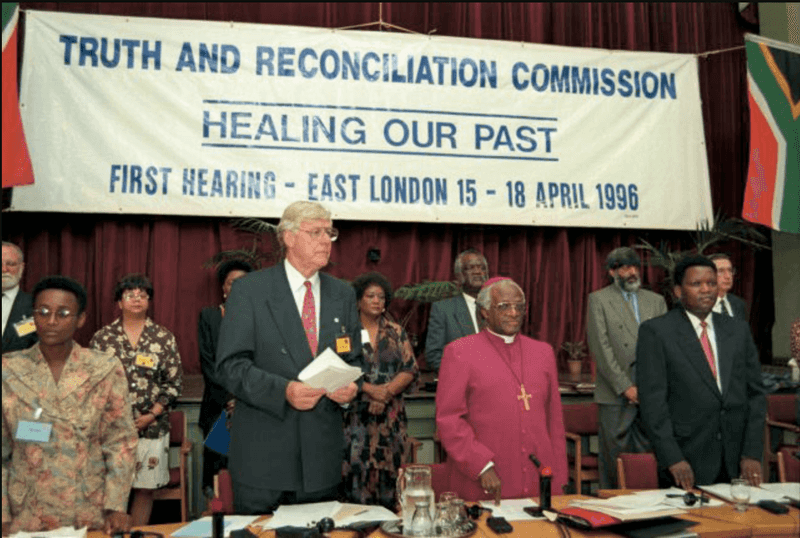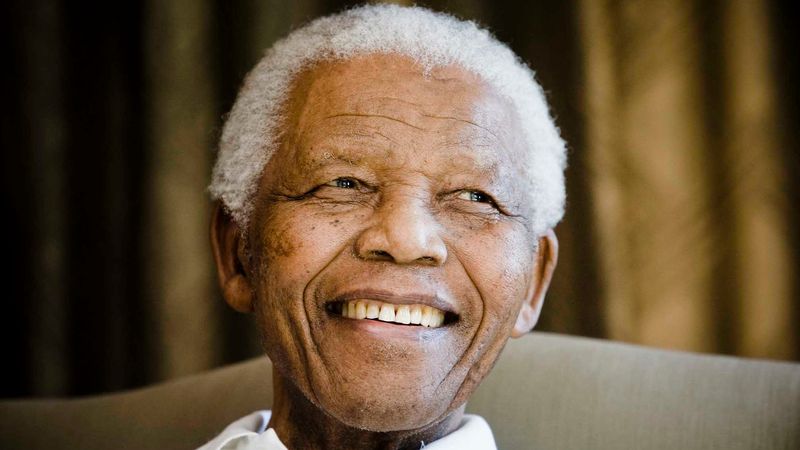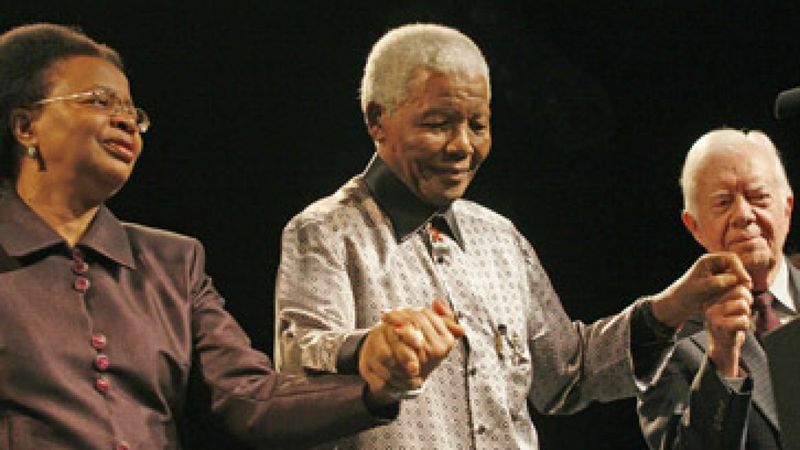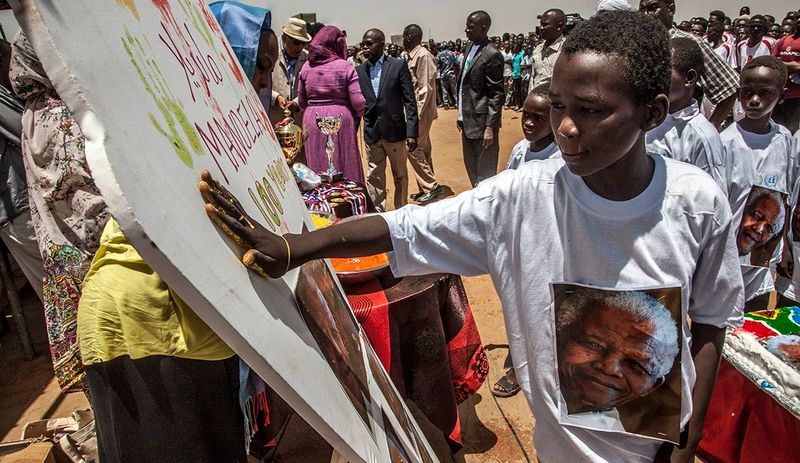Nelson Mandela’s life is a tapestry woven with threads of courage, resilience, and hope. From his royal lineage to becoming a revolutionary leader, Mandela’s journey is marked by his unwavering commitment to justice and equality. Through adversity and triumph, his legacy continues to inspire generations worldwide, embodying the indomitable spirit of human rights and dignity.
1. Born Royal, But Chose Revolution
Born into the Thembu royal family in 1918, Nelson Mandela carried the name Rolihlahla, meaning “troublemaker.” Despite his royal lineage, Mandela chose a path far removed from tribal leadership. Intrigued by the plight of his fellow South Africans, he abandoned a life of privilege to confront apartheid’s oppressive regime.
As a young man, his heart resonated with the cries for justice echoing through the land. Mandela’s revolutionary spirit ignited a movement that would challenge centuries of racial injustice. His decision to embrace activism marked the beginning of a journey that would change the world.
2. His English Name Came From a Teacher
Mandela’s English name, “Nelson,” was given to him by a teacher on his first day at a missionary school. This was a common practice in colonial South Africa, where British names were assigned to African students to better integrate them into the educational system.
Despite the imposition, Mandela carried the name with grace, using it as a bridge between cultures. This small yet significant moment in his life symbolized the beginning of his journey through a world fraught with cultural complexities. It was a name that would soon resonate globally as a symbol of freedom and resilience.
3. He Was South Africa’s First Black Lawyer
In 1952, Nelson Mandela, alongside his partner Oliver Tambo, founded South Africa’s first Black law firm. As a lawyer, Mandela vehemently defended those ensnared by the relentless grip of apartheid laws. His office became a sanctuary for justice seekers, a beacon of hope amidst a sea of discrimination.
With courage and eloquence, Mandela fought legal battles that laid the groundwork for broader societal change. The firm was not just an office but a platform for civil rights advocacy. It marked a pivotal point in Mandela’s career, showcasing his commitment to legal equality.
4. A Master of Disguise
Known as “The Black Pimpernel,” Mandela expertly evaded capture by adopting various disguises. His ability to blend into different social roles, from a chauffeur to a laborer, was vital during his time as an anti-apartheid activist.
This crafty adaptability allowed him to coordinate underground operations, rallying support for the movement while eluding the authorities. Mandela’s skills in deception were not just about survival but were emblematic of his strategic genius. His life was a testament to the lengths he would go to fight for freedom, becoming a legend in the process.
5. Sentenced to Life in Prison (But Refused to Surrender)
In 1964, Mandela was sentenced to life imprisonment for his role in sabotage against the apartheid regime. Standing in the dock, he delivered a poignant speech, declaring his willingness to die for a democratic and free society.
Mandela’s words echoed around the world, symbolizing his indomitable spirit. Despite the harsh sentence, he never relinquished his ideals. His imprisonment became a rallying cry for international opposition to apartheid. Mandela’s resolve during the Rivonia Trial was a defining moment, transforming him into a global icon for justice and resistance.
6. 27 Years Behind Bars
Spending 27 years in prison, including 18 at Robben Island, Mandela endured grueling conditions. The limestone quarry where he labored left lasting physical damage, yet Mandela’s spirit remained unbroken.
Amidst the desolation, he secretly penned memoirs and taught fellow inmates, fostering an environment of learning and empowerment. Mandela’s imprisonment was not just a period of suffering but also one of personal growth and leadership. His resilience inspired all those around him, and his legacy grew even behind bars, setting the stage for his future role in transforming South Africa.
7. A Secret Prison Garden
Even in captivity, Mandela’s spirit of hope flourished. He persuaded prison authorities to allow him to cultivate a small vegetable garden at Robben Island. This garden became a sanctuary, a place of reflection and solitude.
The act of nurturing life amidst the bleakness of prison was a quiet rebellion, symbolizing resilience and patience. Mandela shared his harvest with both prisoners and guards, fostering an unexpected camaraderie. The garden was a metaphor for growth and change, illustrating Mandela’s belief in the possibility of transformation, even in the harshest conditions.
8. The World Demanded His Release
By the 1980s, international calls for Mandela’s release grew louder. Global protests, sanctions, and the “Free Nelson Mandela” campaign intensified pressure on the apartheid government.
The world rallied behind Mandela, seeing him as a symbol of the struggle against racial injustice. This groundswell of support was pivotal in the negotiations that eventually led to his release. Mandela’s imprisonment had transcended national boundaries, uniting people across continents. The global movement underscored the universal desire for freedom and equality, making Mandela’s release not just a South African victory but a world triumph.
9. He Walked Out of Prison Unbroken
Released from prison in 1990, Mandela’s first steps into freedom were met with jubilation. Yet, he emerged without bitterness, famously stating the need to leave anger behind to truly be free.
Mandela’s release was a momentous occasion, symbolizing the triumph of forgiveness over hatred. His dignified approach to freedom set the tone for a peaceful transition in South Africa. Rather than seek retribution, Mandela embraced reconciliation, paving the way for healing a divided nation. His liberation was not just a personal victory but a beacon of hope for a new era of unity and peace.
10. Won the Nobel Peace Prize with His Enemy
In 1993, Nelson Mandela and F.W. de Klerk were jointly awarded the Nobel Peace Prize for their efforts to dismantle apartheid peacefully. This collaboration between a former prisoner and his jailer was unprecedented.
Their partnership symbolized the power of reconciliation and dialogue over conflict. Mandela’s willingness to work with de Klerk reflected his commitment to unity and peace. Together, they navigated South Africa’s transition towards democracy, demonstrating that collaboration could overcome deep-seated divisions. This achievement was not just a national triumph but an inspiration to the world about the possibilities of peaceful change.
11. First Black President of South Africa (1994)
In 1994, Nelson Mandela became South Africa’s first Black president following the country’s first democratic elections. At 75, he embraced the immense responsibility of leading a nation healing from its apartheid past.
Mandela’s presidency was marked by efforts to foster reconciliation and nation-building. Rather than seeking vengeance, he focused on uniting a fractured society. His leadership style was characterized by humility and inclusiveness, setting a new standard for governance. Mandela’s election was a significant milestone in South Africa’s history, symbolizing hope and the promise of a new dawn for all its people.
12. Created the Truth & Reconciliation Commission
Instead of pursuing punitive measures against apartheid perpetrators, Mandela launched the Truth and Reconciliation Commission (TRC) in 1995. Chaired by Archbishop Desmond Tutu, the TRC sought to heal the nation through truth-telling and forgiveness.
This bold initiative allowed victims to share their stories and perpetrators to confess in exchange for amnesty. Mandela’s approach emphasized understanding over retribution, fostering a climate of healing and closure. The TRC was a testament to Mandela’s visionary leadership, demonstrating his belief in the power of compassion and dialogue as tools for national reconciliation and peace.
13. Retired After One Term
After serving one term as president, Mandela stepped down in 1999, setting a democratic precedent in Africa where leaders often clung to power. His decision reflected his deep commitment to democratic principles and peaceful transition.
Mandela’s retirement was not the end of his influence but a continuation of his legacy as a moral compass. By relinquishing power, he reinforced the importance of governance over individual ambition. Mandela’s graceful exit from political life ensured the stability of the young democracy he had helped to establish, leaving a model for future leaders to emulate.
14. Founded the Elders for Global Peace
In retirement, Mandela continued to champion global peace by founding The Elders in 2007. This group of esteemed world leaders, including Kofi Annan and Jimmy Carter, aimed to address global conflicts and promote human rights.
Mandela’s vision for The Elders was rooted in the belief that experienced moral leaders could offer guidance on complex issues. The group has since worked on numerous global challenges, embodying Mandela’s legacy of peaceful resolution and justice. Through The Elders, Mandela extended his influence beyond South Africa, advocating for a world characterized by peace, dignity, and mutual respect.
15. His Legacy Lives On
Mandela’s legacy is celebrated annually on July 18, known as Nelson Mandela International Day. This day encourages people worldwide to dedicate 67 minutes to community service, representing the 67 years Mandela spent fighting for social justice.
Participants engage in various acts of kindness, from volunteering in local communities to initiating global projects. Mandela Day serves as a reminder of the impact one individual can have on the world. It honors Mandela’s enduring message of service, compassion, and the importance of collective action in creating a just and equitable society for all.
